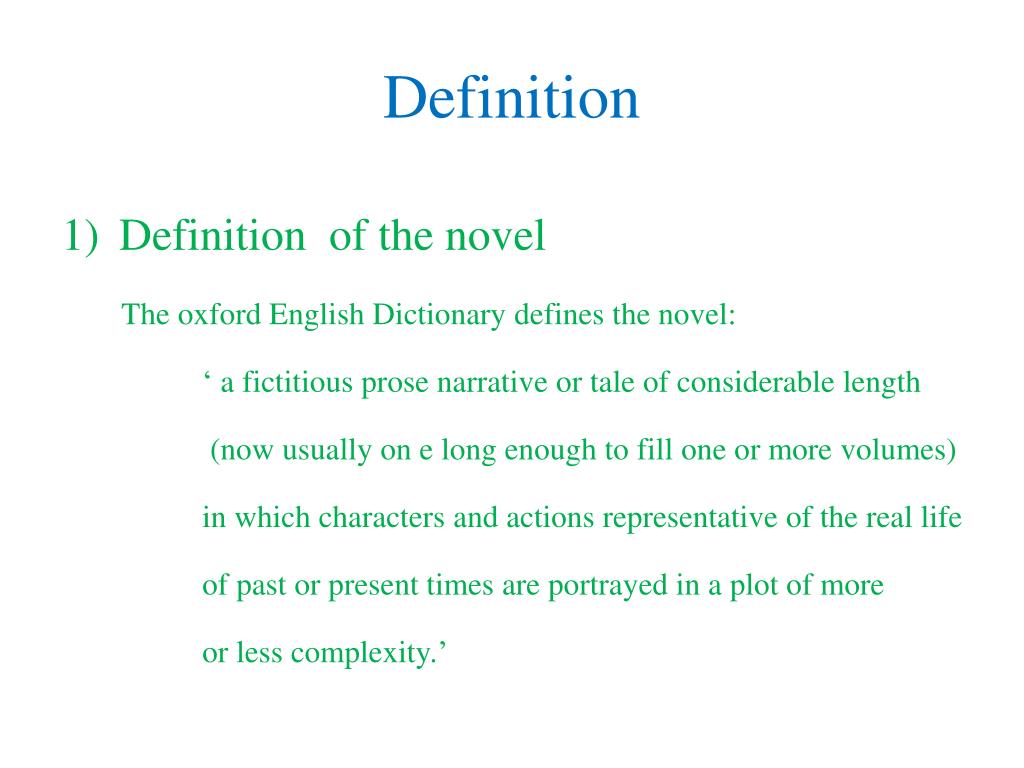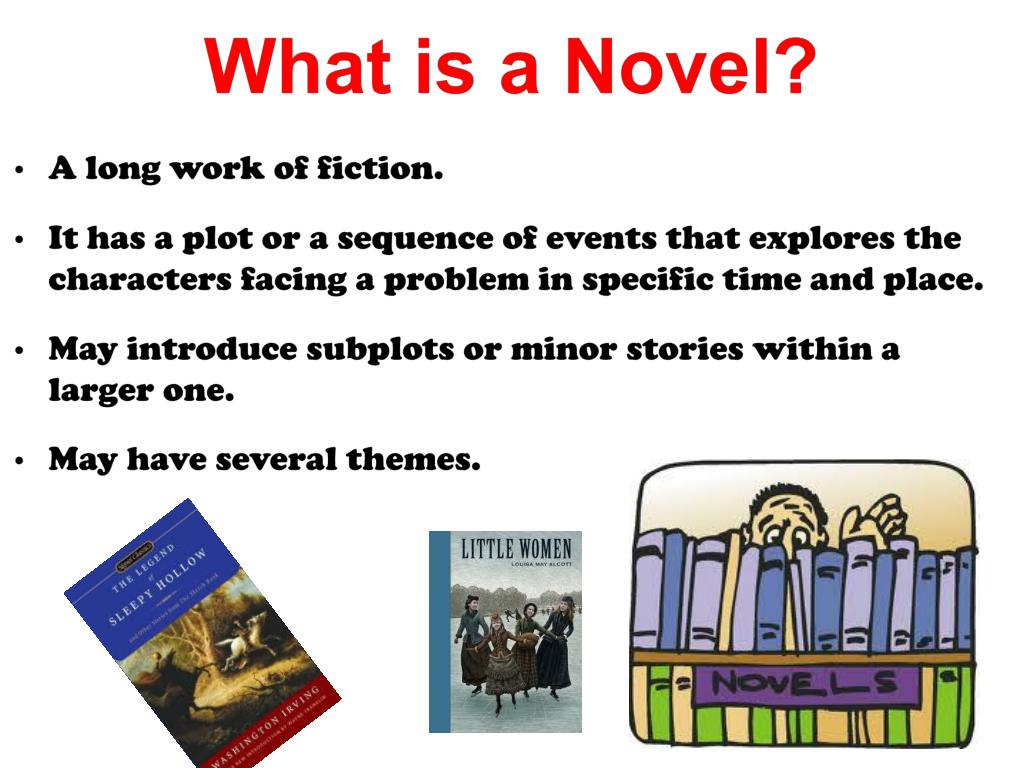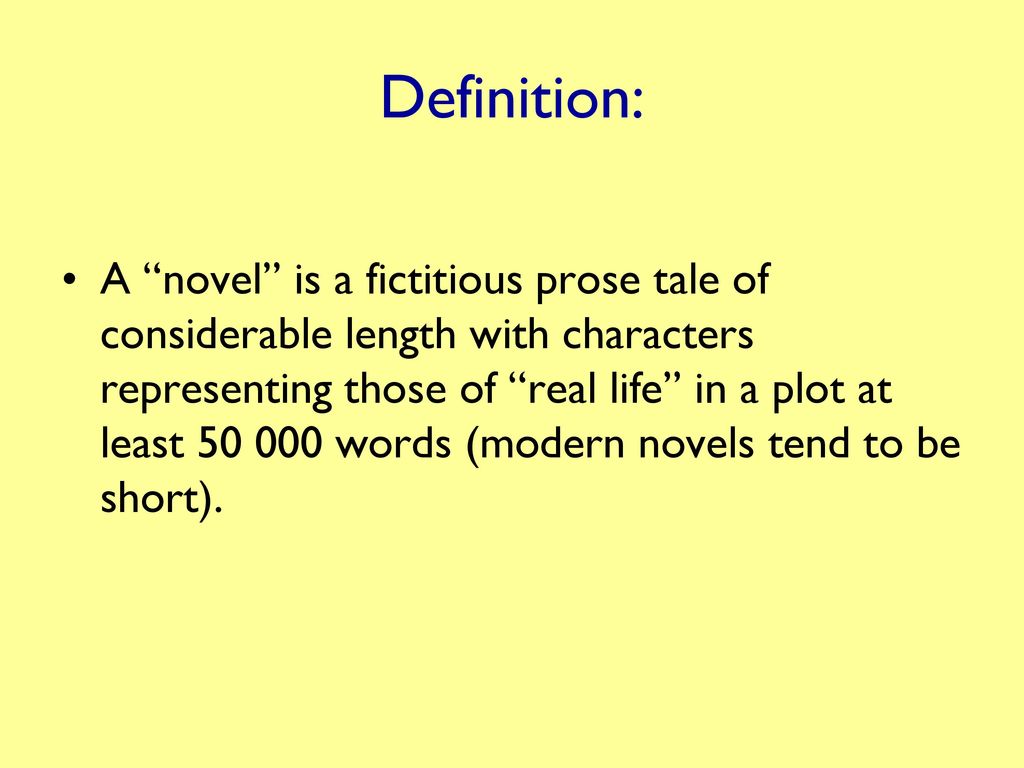Exploring Novel Meaning - What It Tells Us
Words hold a special kind of power, don't they? They shape how we think, how we share ideas, and how we make sense of the world around us. Sometimes, a single word can carry a whole collection of ideas, shifting its sense depending on how you hear it or read it. This is very true for a word like "novel," which often sparks curiosity about its different applications and what it truly conveys.
You might, you know, come across "novel" in a news story describing a clever new approach to a problem, or perhaps you'll see it on a book spine at your local shop. These two uses seem quite different, yet they both connect back to a core idea. It's interesting how language allows for such flexibility, giving us so many ways to express ourselves with just one term. We are, after all, always looking for ways to communicate more clearly, so understanding these layers is pretty helpful.
This discussion aims to clear up some of the questions people often have about "novel meaning." We'll look at how it describes something fresh and new, and then how it points to a specific kind of book. It's actually a pretty neat word with a rich background, and seeing its various applications can make our everyday conversations a little richer, too. So, we'll go over what makes something "novel" in both senses of the word.
Table of Contents
- What Does "Novel" Mean as an Adjective?
- How Does "Novel" Work as a Book?
- Where Did the Word "Novel" Come From?
- How Long is a Typical Novel, Really?
- What Kinds of Stories Fall Under "Novel"?
- The "Novel" as a Literary Form
- Different Ways to Think About Novel Meaning
What Does "Novel" Mean as an Adjective?
When we use "novel" to describe something, we're typically pointing out that it's something truly fresh and not at all like things we've seen or done before. It's about an idea, a method, or even an object that stands out because it's so new, so original, you know? It's not just a little bit different; it's a significant departure from what's common or what has been tried in the past. This sense of the word often carries a feeling of cleverness or ingenuity, suggesting that someone has come up with something quite smart and inventive. For example, if a community group comes up with a truly unique way to gather food for those in need, you might call their approach "novel." It implies they thought outside the usual patterns, which is pretty cool.
The fresh side of novel meaning
Think about finding a completely fresh approach to a long-standing issue, something that no one else has quite considered before. That, in essence, is the heart of this "novel meaning." It's about a lack of resemblance to anything previously known or put into use. People protesting against steeply rising oil prices, for instance, might come up with a really clever way of showing their feelings that catches everyone off guard, simply because it's never been done before. This isn't just about being "new" in a simple timeline sense; it's about being "new" in a way that suggests inventiveness and a break from tradition. So, a person might discover a novel solution to a problem around the house, like using a common kitchen item for a purpose it wasn't originally intended for, which is just a little bit genius, really.
The term suggests a kind of unexpectedness, a departure from the expected. If you're used to seeing things done one way, and then someone introduces a completely different, yet effective, method, that method could be described as having a "novel meaning" in its application. It's about pushing boundaries, in some respects, and exploring territory that others haven't yet. This might apply to a piece of art that presents ideas in a totally different way, or a scientific discovery that opens up a whole new way of thinking about something. The very idea of something so completely new can, you know, be quite exciting for people.
How Does "Novel" Work as a Book?
Moving on, the word "novel" also points to a specific kind of book, a lengthy tale put down on paper, featuring made-up people and happenings. This type of writing is usually in what we call "prose," which is just regular written talk, unlike poetry which has a specific rhythm or rhyme. So, when you pick up a book and it tells a continuous story about people and events that aren't real, and it's quite long, you're probably holding a novel. It's a way for writers to build a whole world, to introduce you to people you'll come to care about, and to share a series of connected actions that unfold over time. It's a pretty big undertaking for a writer, actually, to craft such a piece.
Unpacking the novel meaning of storytelling
A novel is, in its essence, a big piece of made-up writing, usually in everyday language, that tells a story with a beginning, a middle, and an end. It typically looks closely at people with many sides and storylines that twist and turn. The length of this kind of book gives writers plenty of room to let their people grow and change, and to build up a really interesting plot with lots of details. You know, a book that shares a tale about people and situations that aren't real, often having a storyline that is quite involved. It's a way to deal imaginatively with what it's like to be a person, often by linking up different parts of their lives or experiences.
Many people might think of a novel as simply a book that tells a story, but there's a bit more to it than that. It's about the depth, the way it lets you get inside the heads of the characters, and the journey it takes you on. A writer might complete their first novel at the age of 53, for instance, showing that it's a form that can be approached at any stage of life. Perhaps the book took its ideas from something that really happened, but then the writer added their own creative spin to it. Or maybe, it was set in a small town in France, drawing you into a particular place and time. It could even be a story about growing up, exploring all the ups and downs that come with it, which is, you know, something many people can relate to.
This form of storytelling is built from a sequence of happenings, allowing for a broader view of human experience than shorter forms of writing. It's quite common for people to have their bookcases filled with nothing but novels, showing just how popular this kind of book is. Someone might even burn all the novels they own, which, while sad, shows the strong feelings people can have about these stories. The definition of novel in this sense points to a work of fiction that narrates an extended story featuring a storyline, a group of people, and a main idea, giving a really interesting and often thought-provoking experience to the reader. It's a very common kind of written story form these days, more or less a cornerstone of modern reading.
Where Did the Word "Novel" Come From?
It's always pretty interesting to look at where words get their start, isn't it? The word "novel" actually has some old roots. The descriptive word "novel," when we mean something new, comes from a Latin term, 'novellus,' which means 'fresh' or 'just beginning.' This Latin term itself is a smaller version of 'novus,' which points to 'being new' or 'being fresh.' So, you can see how the idea of newness has been with this word for a very long time, which is, you know, quite consistent across its different uses.
Tracing the novel meaning's history
When we talk about the book, the word "novel" comes from an Italian word, 'Novella,' which means something like 'fresh news' or a 'short tale.' This connection makes a lot of sense if you think about it. Early forms of longer stories were often like extended pieces of news or accounts of recent happenings, just, you know, fictionalized. This historical link helps us see how both senses of the word—the newness and the long story—are tied together by a shared idea of something fresh or recently told. It's pretty neat how language evolves like that, isn't it?
The Oxford English Dictionary, which is a very big book of words, lists ten meanings for the noun "novel," and six of those are actually no longer used. This just goes to show how words can change their primary sense over time. So, while we mostly use "novel" to mean a long story or something new today, its past was a bit richer with varied uses. It's always good to look at the 'meaning & use' for definitions and examples, to truly grasp all the ways a word has been employed throughout history, which is, you know, quite a task for such a busy word.
How Long is a Typical Novel, Really?
One question that often pops up about novels is how long they actually are. Unlike a short story, which is, well, short, or a novella, which is a medium-sized story, a novel is definitely on the longer side. You know, books of this kind are longer than shorter pieces of writing or medium-sized stories, with the extra length giving writers room to build upon their ideas, people, and happenings. There isn't one strict rule, but generally, a novel in English is usually at least 60,000 words long. Some can be much, much longer, reaching 150,000 words or even more, which is, you know, a considerable amount of writing.
Grasping the length in novel meaning
In terms of pages, most novels typically have 100 pages or more. This length allows for a certain depth that shorter works just can't achieve. It gives the writer space to really get into the details, to let characters grow and change over time, and to build a complex storyline with twists and turns. The first novels were put down on paper more than three centuries ago, and even then, they were recognized for their extended narrative form. So, the idea of a long, invented story has been around for quite a while, which is, you know, a pretty enduring concept.
This considerable length is actually a key part of the "novel meaning" as a literary form. It's what allows for the exploration of detailed plots and the development of people within the story over a long period. For instance, an "epistolary novel" is a book told through letters, and the fact that it's a novel means it's a whole collection of letters, not just one or two. The meaning of 'epistle' is 'a written message,' so a book that's all letters means 'epistle' stands for 'a written message,' and the novel part means there are many of them, creating a full story. This structure, you know, really shows how the length contributes to the type of story being told.
What Kinds of Stories Fall Under "Novel"?
When we talk about novels, it's not just one type of story. The term "novel" refers more to the length and the overall structure of the writing rather than the specific kind of tale being told. This means that a novel can include many different kinds of stories. You might find a novel that's a thrilling mystery, or one that's a heartwarming romance. There are also novels that take you to other worlds, like science fiction or fantasy stories. Some are based on history, while others are what we call "literary fiction," which often focuses more on language and character feelings. So, the range is very wide, which is, you know, pretty cool for readers.
Genres and the wider novel meaning
The "novel meaning" truly expands when you consider all the different categories it can cover. It's a big umbrella, you might say. You can pick up a book that's a science fiction novel, taking you to distant planets, or a fantasy novel with magic and mythical creatures. Then there are romance novels, which are all about love stories, and historical fiction, which brings the past to life. Literary fiction, on the other hand, often focuses on the human condition, exploring deeper questions about life and feelings. Each of these different kinds of stories can be presented in the form of a novel, showing just how versatile this kind of writing is. It's pretty amazing, actually, how much variety there is.
The novel is a very popular type of written story form these days, but the term itself takes in a lot of things and can be tricky to pin down exactly. It's a piece of written fiction that tells a long story with a storyline, a group of people, and a main idea, giving a really interesting and often thought-provoking experience to the reader. Whether it's a story about a detective solving a crime or a young person finding their way in the world, if it fits the length and structure, it's a novel. This broadness is, in some respects, one of its greatest strengths, allowing it to appeal to a very wide range of tastes.
The "Novel" as a Literary Form
The novel, as a way of telling stories in writing, is a big piece of made-up writing, usually in everyday language, that typically looks closely at people with many sides and storylines that twist and turn. It's one of the most common and beloved kinds of written stories we have today. This form allows writers to really explore human experience in a deep and detailed way. They can show how people change over time, how their choices affect their lives, and how different events shape who they become. It’s a very powerful way to connect with readers, you know, on a really personal level.
The enduring impact of novel meaning in literature
The "novel meaning" in literature goes beyond just being a long story. It's about the ability to create entire worlds and fill them with believable people. It's about taking the reader on a journey, letting them live alongside the characters, feeling their joys and sorrows. This kind of writing is different from poetry, which uses a specific rhythm, because prose is just regular written talk. So, prose, which is just regular written talk, is different from verse, which is words put together with a beat, like poems. This simple difference allows the novel to feel more like a conversation or a direct account of events, which is, you know, quite accessible.
The novel has become a cornerstone of modern reading because it offers such a complete and absorbing experience. It’s a place where complex ideas can be explored, where different viewpoints can be presented, and where readers can find a reflection of their own lives or a window into others'. The fact that it's a made-up story allows for a lot of creative freedom, meaning writers can push boundaries and imagine possibilities that aren't bound by reality. This makes the "novel meaning" a very rich and flexible concept within the world of books, allowing for endless variations and interpretations, which is, you know, pretty exciting for anyone who loves stories.
Different Ways to Think About Novel Meaning
It's clear that the word "novel" carries a couple of really distinct senses, isn't it? On one hand, it describes something that's truly fresh, something that hasn't been seen or done before, standing out because of its originality. On the other hand, it points to a specific kind of book—a long, made-up story in regular written talk that explores people and happenings. These two meanings, while seemingly far apart, are both rooted in the idea of something "new" or "newly told." It's fascinating how one word can hold such different, yet connected, ideas, which is, you know, a common thing in language.
A look at varied novel meaning interpretations
The idea of "novel meaning" can also be seen in how dictionaries handle the word. The Oxford English Dictionary, for example, lists many different ways the noun "novel" has been used over time, even if some of those uses are now quite old and not really heard anymore. This shows that the sense of a word isn't always fixed; it can change and grow, or even shrink, over centuries. So, when you come across the word "novel," it’s always good to consider the situation it's used in to figure out which sense is intended. This flexibility is, in some respects, what makes language so interesting and alive.
Whether we're talking about a brand-new invention or a captivating story that fills many pages, the core idea of "novel" still carries a sense of something distinct and often groundbreaking. It’s a word that invites us to think about what’s fresh, what’s imaginative, and what takes us beyond the usual. So, the next time you hear or read "novel," you'll have a much fuller sense of what it's trying to tell you, which is, you know, pretty useful.

Novel Definition And Examples In Literature at Rachel Morgan blog

PPT - ELEMENTS OF LITERATURE PowerPoint Presentation, free download

What is a Novel? Did you know?!?! “Novel” is derived from the latin